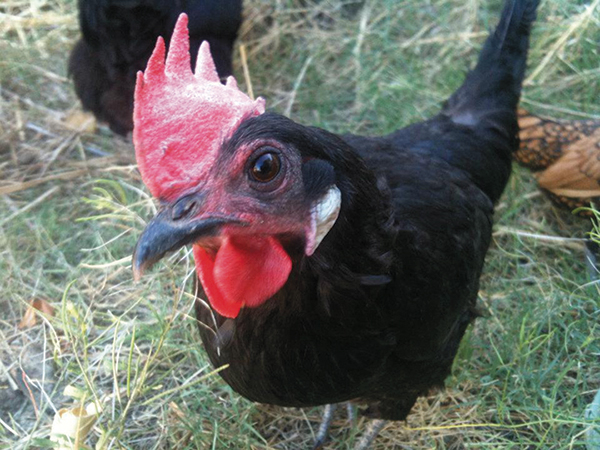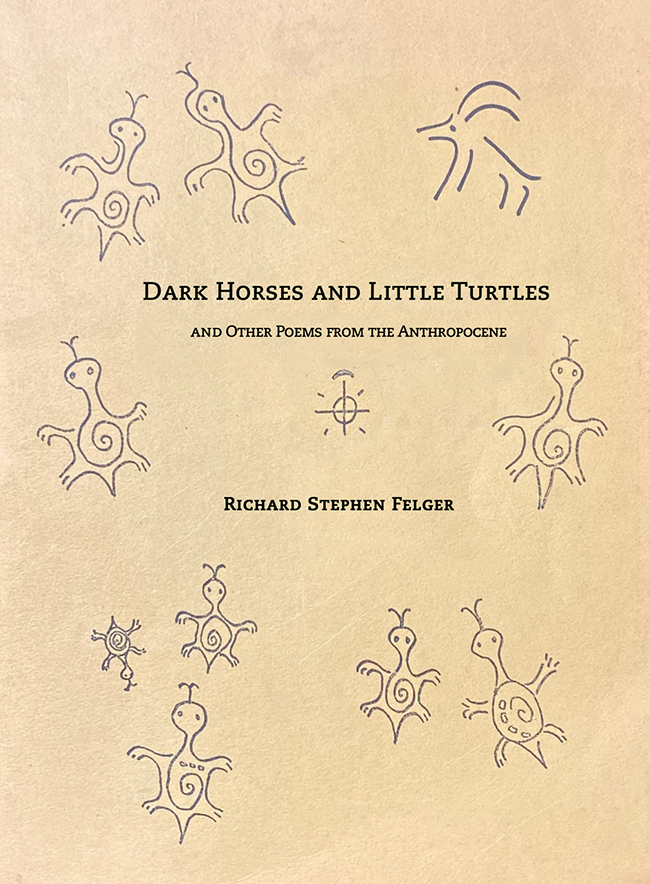Notes From A Plant Freak
 Gardening: it is often defined in very limited terms and thought of in isolation from many activities that serious practitioners often find themselves engaging. The author is here to encourage a broadening of what is labelled under “gardening”. The following list of activities are those which are great companions to growing plants.
Gardening: it is often defined in very limited terms and thought of in isolation from many activities that serious practitioners often find themselves engaging. The author is here to encourage a broadening of what is labelled under “gardening”. The following list of activities are those which are great companions to growing plants.
Composting: this should be synonymous with gardening but technically it is a separate activity. Everyone should be composting; it is the best source of soil nutrition. Even if you don’t have a lot of space, you can make a worm compost bin that fits under your sink. If you have the room, learn to compost. Also, learn to make aerated compost tea. An article on this will be in these pages very soon. But for now, Google it!
Animal husbandry: raise some chickens or rabbits or other herbivore animals. Not only do they give you eggs, meat, or just the enjoyment of having cute animals but their manure is wonderful as an activator for the compost pile and for increasing the soil nutritional and biological profile.
Cooking: obviously if you grow a bunch of food, you gotta eat it. Become a great cook. Everyone SHOULD. But these days many people have become very dependent on fast food. Be able. Learn how to make food for yourself.
Canning, Fermenting, Food Preservation: when a crop produces more than you can possibly consume at once, or even trade away, you can efficiently preserve the fruits of your labor for the future by drying, canning, or preserving with age-old fermenting techniques (like making sauerkraut) which are also very healthy additions to the diet.
Bees: don’t be intimidated. Bees are not that hard to raise. It takes a few hours a week on average to manage a hive, and armed with the right information, you can raise bees. They not only pollinate your garden, but your neighbors’ gardens for miles around. Plus, honey is awesome.
All these things, besides making you a smarter, more able person, will also help you spend less money on inferior food. Home-grown food is really the best. Once you start producing your own, your life is sure to change a lot. This might sound lofty, but engaging in these activities is also good for humankind. Skills like making food should not be lost, or left to large corporations. We should all know something about food, since we cannot live without it.
Seasonal Notes
Keep planting all your cool season crops: leafy greens, root crops, cool season herbs and legumes, garlic, onions, etc. Landscape plants that are not frost tender are best planted in fall, even if they are dormant. Prepare for frosts. They are around the corner. Keep some old sheets at the ready for those cold nights–pay attention to the low temperatures in the evening, that is when frost damage occurs, especially just before daybreak. Cool season annuals and perennials should be out in full force. You can still plant wildflowers, and if you already have, consider planting successionally: if you start a new bath every few weeks to once a month, you will extend your wildflower season considerably. This is true for all annual crops though. Don’t just plant everything out all at once.
Jared R. McKinley maintains a gardening and homesteading blog called Arid Land Homesteaders League at Plantfreak.Wordpress.com.
Category: FOOD & DRINK, Living




